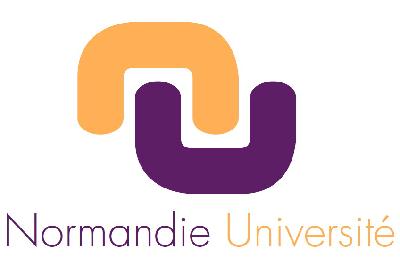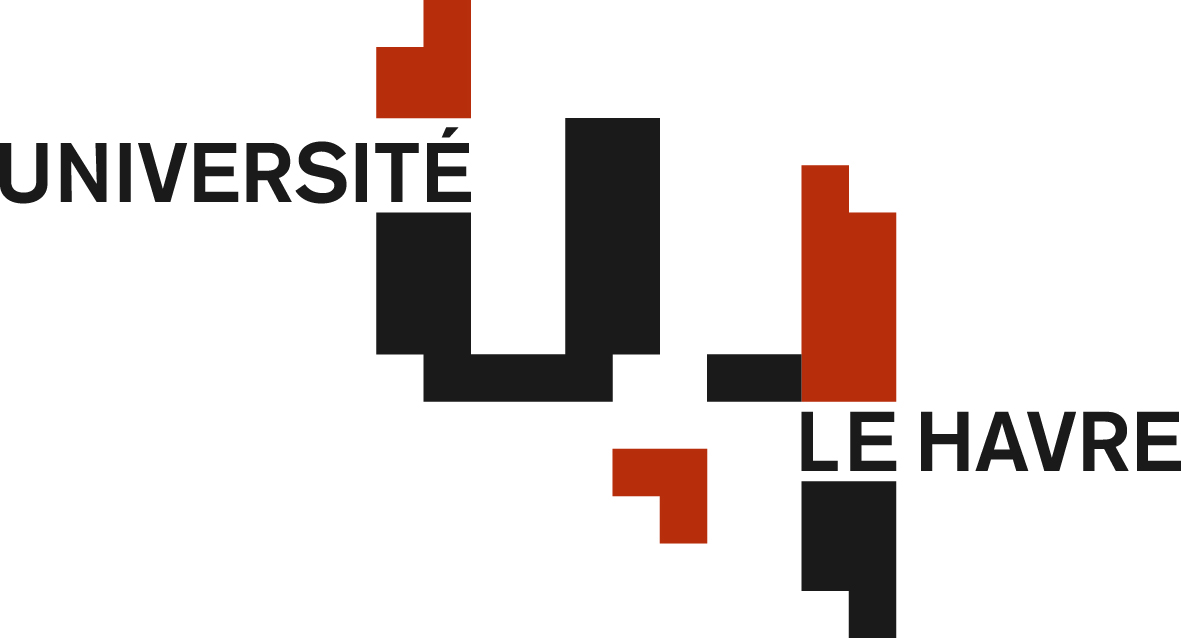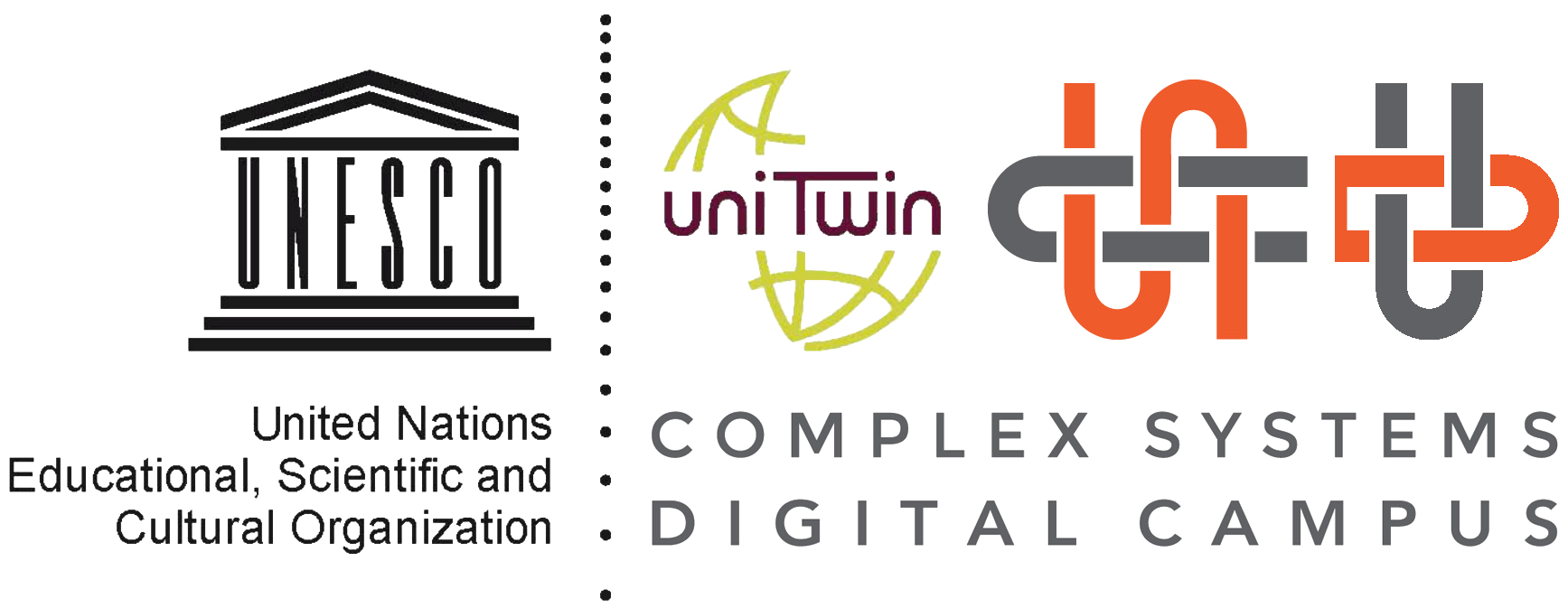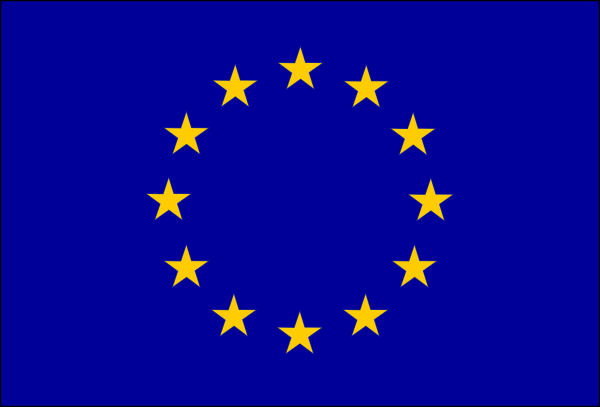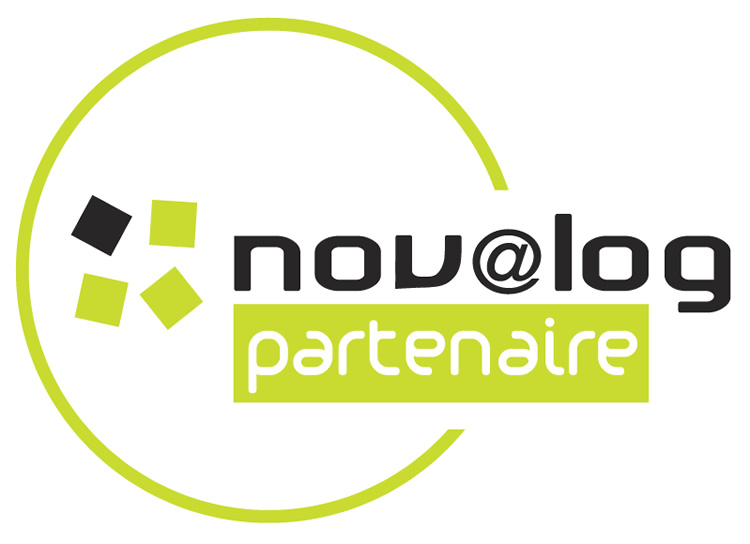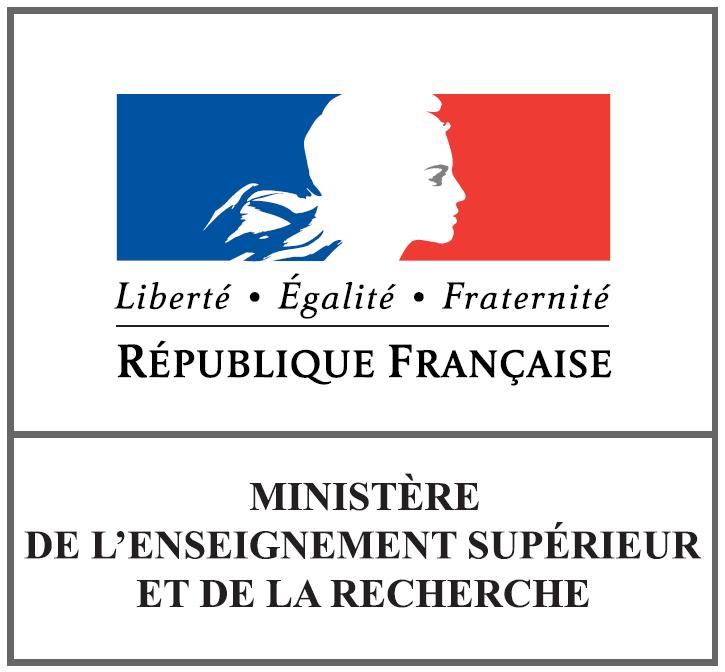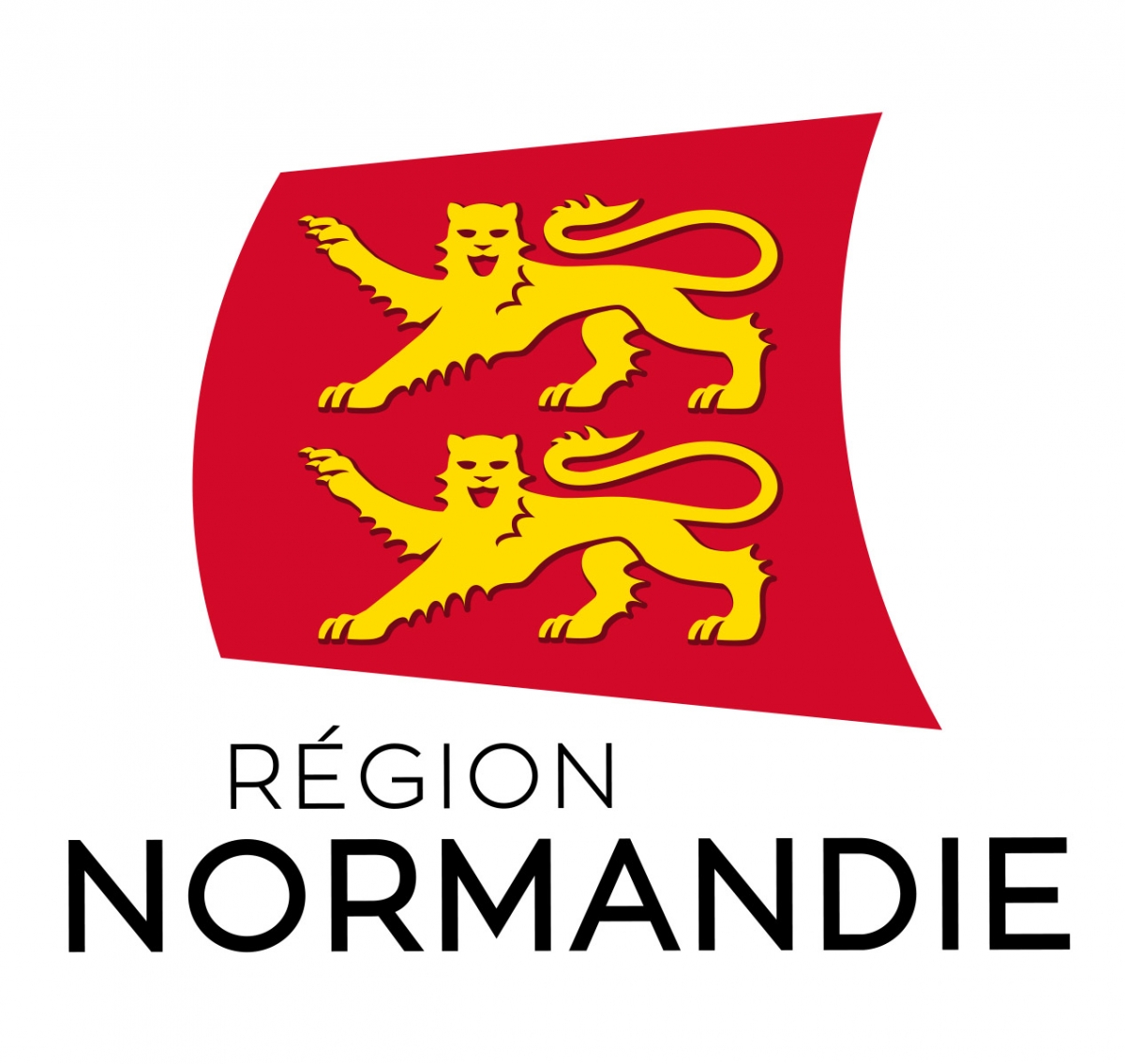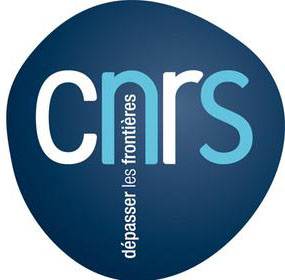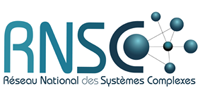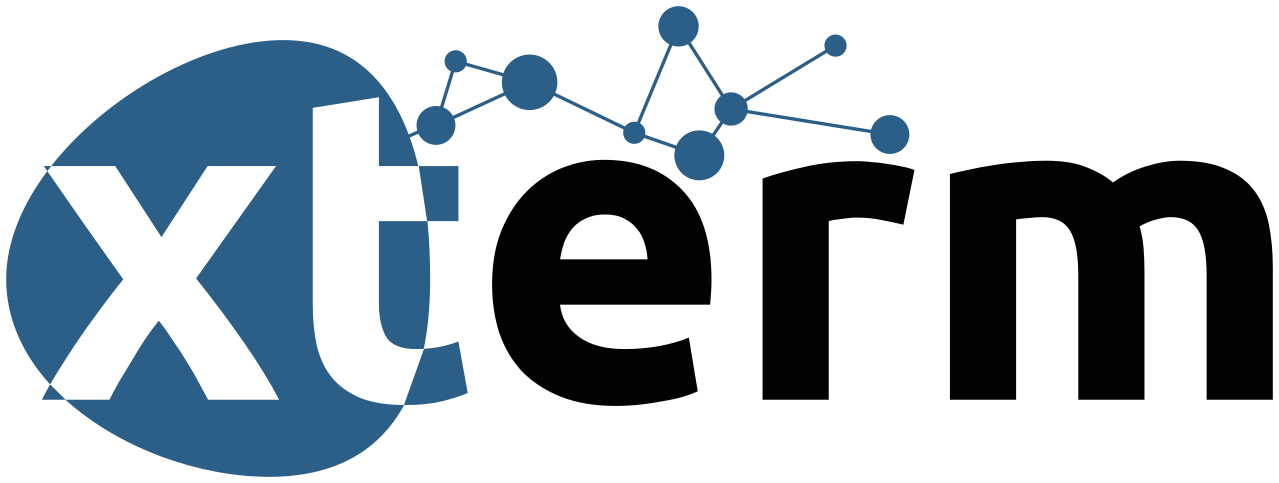Welcome
D-NeST - Dynamic Networks and Smart Territory
Simulation, Control and Self-Organization
September 21th, 2016,
a satellite session for
CCS 2016,
Amsterdam, the Netherlands.

CSS 2016, world's largest gathering of researchers in Complex Systems will be held in Amsterdam, the Netherlands, on September 19-22, 2016. You are cordially invited to submit a paper to our Satellite Meeting in this Conference, which is the 7th one we have organizing for ECCS / CCS, after:
- EPNADS'05 organized in the 2nd European conference of ECCS in Paris, France in 2005;
- EPNACS'2007 organized in the 4th European conference of ECCS in Dresden, Germany in 2007;
- EPNACS'2010 organized in the 7th European conference of ECCS in Lisbon, Portugal in 2010.
- EPNACS'2011 organized in the 8th European conference of ECCS in Vienna, Austria in 2011.
- SOMC'2012 organized in the 9th European conference of ECCS in Brussels, Belgium in 2012.
- STaN'2013 organized in the 10th European conference of ECCS in Barcelona, Spain in 2013.
Territorial systems development needs nowadays to be analyzed with all the complexity of the interaction of their components. These interacting components are of various types mixing multiscale entities: individuals, organizations, spatial locations, etc. New technologies, new communications, worldwide economy, social and economical issues are acting upon these systems and their entities, generating a high level of complexity. Our objective is to propose models and simulations in order to better analyze these systems creation, their morphologies and their evolution. Territorial complex systems are structured with complex networks: road systems, energetic networks, social networks, logistics networks, etc. Advanced theoretical studies on dynamical processes on such networks are needed to propose relevant models, to analyze and improve them. To better understand the development and the issues of territorial systems, this satellite session will be gathering contributions at two levels:
- Theoretical contributions are expected to propose conceptual approaches mainly based on complex systems theory, on complex networks dynamics (including for exemple, self-organized processes), on network topology and on control of network dynamics.
- Applicative contributions are expected to focuss on (i) Mobility on urban networks, as dynamical processes on dynamic graphs, in order to analyze the performance of urban planning; (ii) Urban networks morphodynamics to analyze the impact of a network topology on its own dynamics. Some example of practical issues are the study of territorial resilience, the study of smart grid development based on self-organization processes, the study of the efficience of territory based on its logistics networks, etc.


